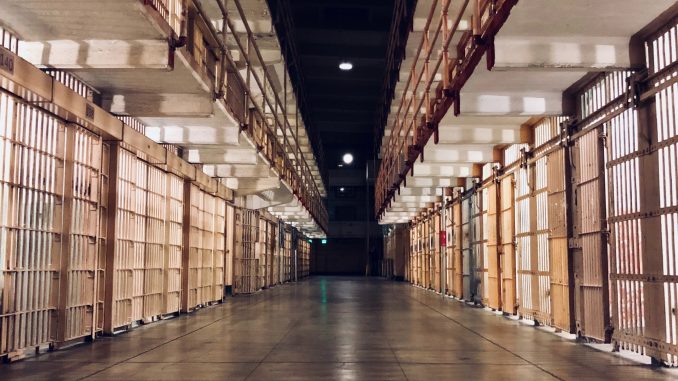
By ELY SANCHEZ, Staff Reporter ¦
If you were expecting Sir Mix-a-Lot as the topic of this column, sorry to have disappointed you. That reference may also be showing my age, so allow me to apologize. Rather, I would like to discuss a pretty important document signed by none other than Abraham Lincoln. The 13th Amendment.
This amendment was supposed to disallow slavery in the South at the time by stating, “Neither slavery nor involuntary servitude, except as a punishment for crime whereof the party shall have been duly convicted, shall exist within the United States, or any place subject to their jurisdiction.”
This was a way for southern slave owning states, Texas included, to readmit back into the United States. My guess is simply telling people back then that it was not “OK” to own someone was just not enough.
There is one particular clause in the amendment that stands out the most — one that many continue to claim was actually a set of “Black Codes” many southern states had adopted in order to replace the social controls that were being removed at the time by both the Emancipation Proclamation and 13th Amendment.
The part of the 13th Amendment that stands out more than the others is the section that states, “… except as a punishment for crime whereof the party shall have been duly convicted …” I’ve mentioned in the past that I am not a scholar or historian; however, I do understand how commas work, and this is a big “but.” It reads as if slavery was never really abolished, but rather given some type of constitutional protection that has kept American slavery alive and well in various forms to this very day.
If you really think about it, according to the 13th Amendment, somebody who has been “convicted,” even according to today’s standards, is programmed into the legal system as a slave. And we all know now, thanks to this constitutional amendment that slaves no longer have rights.
Many would go on to argue that the 13th Amendment failed to completely end slavery and instead banned a particular type of slavery that was being used then. It would ultimately be replaced with a new system that continues to target and benefit the same groups of people as the old system once had.
I told you those commas had some big “buts.” Whether or not the authors of this amendment fully understood that it could one day be utilized as a “tool” is debatable, but one thing is certain; the section that allows slavery for those convicted of a crime still exists, and was ultimately put there on purpose.
Based on this clause, slavery is still legal as punishment for a crime. Let me repeat that, slavery is still legal in the United States and it continues to influence the criminal justice system.
Many inmates across the country are currently attempting to make a change to the prison system as incarcerated leaders and their partners have launched a “Nationwide Prison Strike.”
The strike aims to raise awareness to not only the horrific conditions that exist throughout the American prison system, but also to shed light on the broader injustices that have led to our current prison system of mass incarceration.
The injustices are many—from racist police practices (see the most recent Dallas tragedy involving a man murdered in his own home by police), to unjust sentencing laws (such as the war on drugs), to the lack of support people experience when they come home from prison (permanent second class citizens).
Consider this, black people are 3.6 times more likely to be incarcerated than white Americans, according to a study by the Vera Institute of Justice. A more modern form of “slavery” is alive and well and closely resembles pre-Civil War slavery. That’s quite a big “but” and I cannot lie.

Leave a Reply